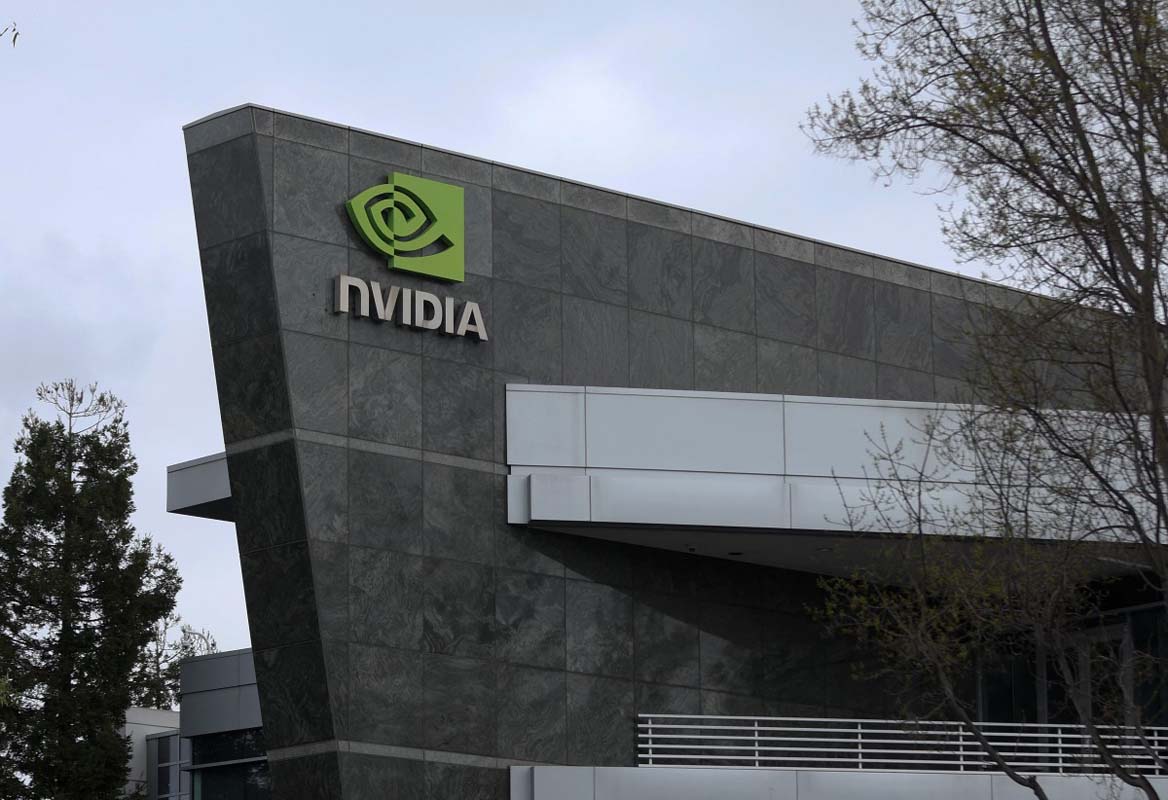
403
Sorry!!
Error! We're sorry, but the page you were
looking for doesn't exist.
China’s SAMR opens investigation into Nvidia for violations of anti-monopoly law
(MENAFN) China’s State Administration for market Regulation (SAMR) has initiated an investigation into American chipmaker Nvidia over alleged violations of the country’s anti-monopoly law, as reported by the Chinese daily Global Times on Monday. The investigation focuses on Nvidia’s Acquisition of the Israeli-American chip company Mellanox Technologies, with SAMR claiming the deal breaches Chinese anti-monopoly regulations.
Following the announcement of the probe, Nvidia’s stock fell by 2 percent, amid concerns that the investigation could negatively affect the company’s business operations in China. The investigation is seen as a potential response to the United States’ ongoing restrictions on chip sales to China, which have intensified in recent months.
The decision to scrutinize Nvidia is widely interpreted as a countermeasure to the United States' chip export restrictions, particularly after a November directive from the US Department of Commerce. This order instructed Taiwan Semiconductor Manufacturing Company (TSMC) to stop high-tech chip shipments to China, following reports that AI chips, which were part of the US' restricted list, were being shipped to China through Huawei.
Since the US restrictions were implemented, TSMC has suspended the sale of 7-nanometer or smaller chips to Chinese companies. However, Huawei has stated that it is no longer producing chips through TSMC as a result of these sanctions, further complicating the situation in the global semiconductor market.
Following the announcement of the probe, Nvidia’s stock fell by 2 percent, amid concerns that the investigation could negatively affect the company’s business operations in China. The investigation is seen as a potential response to the United States’ ongoing restrictions on chip sales to China, which have intensified in recent months.
The decision to scrutinize Nvidia is widely interpreted as a countermeasure to the United States' chip export restrictions, particularly after a November directive from the US Department of Commerce. This order instructed Taiwan Semiconductor Manufacturing Company (TSMC) to stop high-tech chip shipments to China, following reports that AI chips, which were part of the US' restricted list, were being shipped to China through Huawei.
Since the US restrictions were implemented, TSMC has suspended the sale of 7-nanometer or smaller chips to Chinese companies. However, Huawei has stated that it is no longer producing chips through TSMC as a result of these sanctions, further complicating the situation in the global semiconductor market.

Legal Disclaimer:
MENAFN provides the information “as is” without warranty of any kind. We do not accept any responsibility or liability for the accuracy, content, images, videos, licenses, completeness, legality, or reliability of the information contained in this article. If you have any complaints or copyright issues related to this article, kindly contact the provider above.
Most popular stories
Market Research

- Manuka Honey Market Report 2024, Industry Growth, Size, Share, Top Compan...
- Modular Kitchen Market 2024, Industry Growth, Share, Size, Key Players An...
- Acrylamide Production Cost Analysis Report: A Comprehensive Assessment Of...
- Fish Sauce Market 2024, Industry Trends, Growth, Demand And Analysis Repo...
- Australia Foreign Exchange Market Size, Growth, Industry Demand And Forec...
- Cold Pressed Oil Market Trends 2024, Leading Companies Share, Size And Fo...
- Pasta Sauce Market 2024, Industry Growth, Share, Size, Key Players Analys...






















Comments
No comment